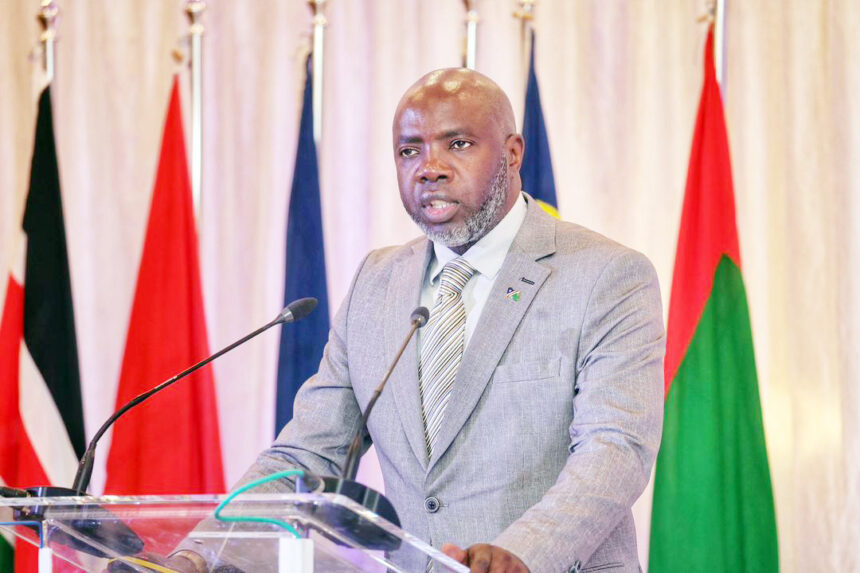The Commonwealth could unlock nearly US$1.2 trillion in additional trade by 2026 by adopting electronic transferable records and enacting comprehensive legal reforms.
This, said Ministry of Information Communication and Technology (MICT) executive director Audrin Mathe, is according to new analysis that experts say could transform the economic future of all the 54 Commonwealth member states.
Speaking at the Commonwealth Business Summit that concluded in Windhoek on Friday, Mathe said the global economy stands on the brink of a transformative shift that could redefine how international trade is conducted for generations to come. While digital innovation has swept across industries, international trade remains tied to centuries-old paper-based documentation systems. Now, the Commonwealth sees an opportunity to lead the charge into a paperless trade era.
An estimated four billion paper-based trade documents circulate globally at any given time, according to the International Chamber of Commerce (ICC). These cumbersome systems impose significant economic costs, particularly on developing economies and small island states, many of whom belong to the Commonwealth.
“For Commonwealth nations specifically, reduction in costs will average 75%, with some processes experiencing up to 81% cost reductions. Practically, implementing smoother border crossings through digital documentation could reduce costs by US$99 per US$25 000 shipment, that is an 81% saving for this critical trade component,” said Mathe.
He further said realising digital trade’s potential requires comprehensive legal reform establishing necessary regulatory frameworks for electronic transactions. The United Nations Commission on International Trade’s Model Law on Electronic Transferable Records provides the foundational framework for this transformation.
“For Commonwealth nations, adopting the Model Law represents critical steps towards legal harmonisation and mutual recognition of electronic trade documents. The Commonwealth’s Working Group on Legal Reform and Digitalisation, established by trade ministers in 2023, provides technical assistance supporting member countries to implement essential legal reforms,” he said.
Mathe urged all Commonwealth member states to commit to this digital transformation, support necessary legal reforms and work together building interoperable, secure and efficient digital trade systems that will unlock the collective economic potential.
The future of Commonwealth trade is digital and that future begins today, he said.
Also speaking at the business summit, founder of Fudlink Agricultural Technology, Twama Nghidinwa, said there are digital platforms they are developing, such as a mobile app and website, which are set to transform agricultural trade in Namibia by linking small- and medium-scale farmers directly to buyers, wholesalers, and retailers, while integrating logistics services.
In this regard this digital ecosystem aims to improve market access, reduce post-harvest losses, and cut food imports by empowering local producers.
“We really want to unlock the market for our small scale and medium farmers by connecting them digitally to formal markets,” he said.



